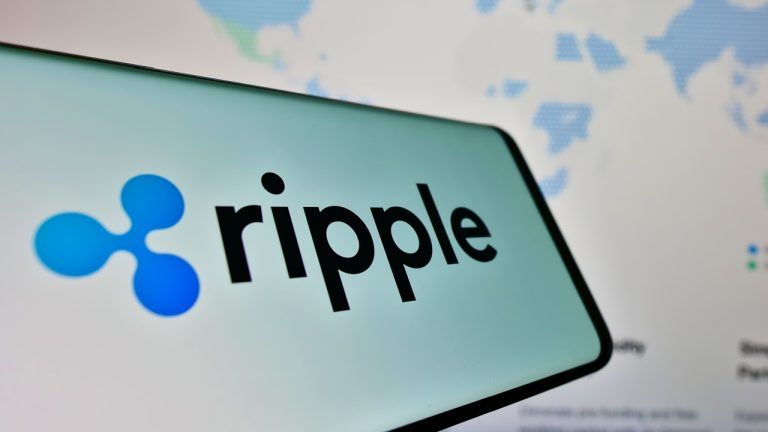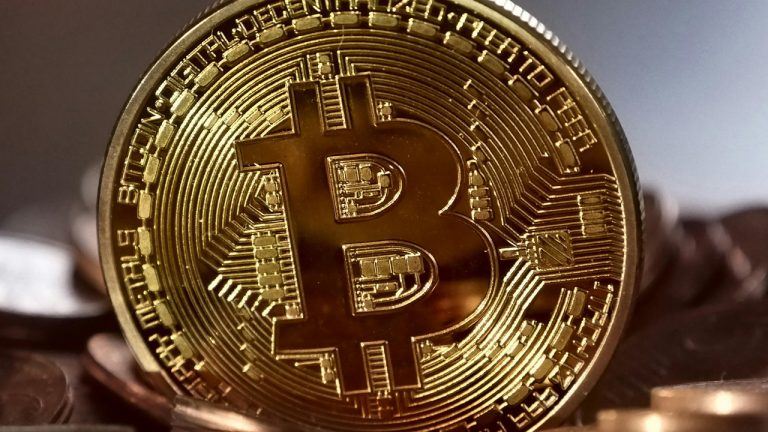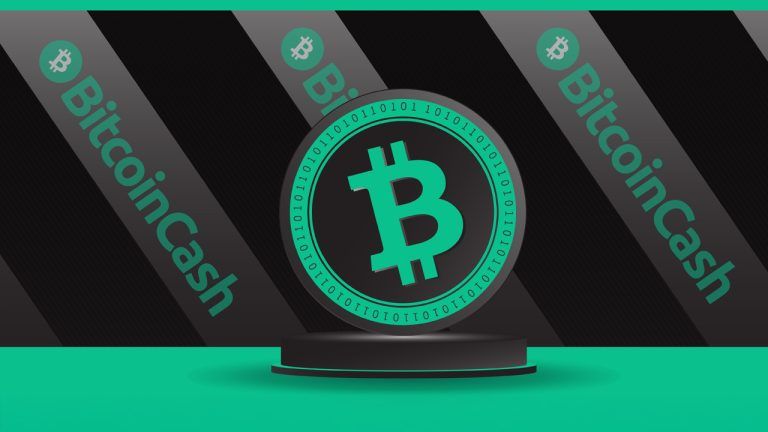
The Bank of England's executive director of the Financial Market Infrastructure Directorate says that stablecoins are hardly “launching us off into some brave new world.”
There has been much commotion about stablecoins amongst central bankers, regulators and lawmakers in recent years, most notably in the furor surrounding Facebook's repeated attempts to launch variously designed stablecoins that would be native to its multiple social media platforms.
Not everyone in the financial world is that perturbed though. A new speech for the Westminster eForum Policy Conference by Christina Segal-Knowles — executive director of the Bank of England's Financial Market Infrastructure Directorate — is titled "What's Old is New Again" and aims to tone down some of the excitement and agitation surrounding the issue.
Restricting her focus to stablecoins that are designed to be used for payments, Segal-Knowles argues that financial regulators know perfectly well what's required to ensure that private money is secure and stable enough for public use:
“Stablecoins are not launching us off into some brave new world [...] The key here is to ensure that just because something is packaged in shiny technology we don’t somehow treat the risks it poses differently.”
Segal-Knowles admitted that the idea of stablecoins — and, more generally, of private money — "feels innovative and flashy" and attributes this to the simplification in popular culture of how money works and which forms it takes, already in the present. In most cases, most people in fact rarely use public money from central banks like the Bank of England, but rather private IOUs from commercial banks.
Segal-Knowles notes, ”ninety-five percent of the funds households and businesses hold that are typically used to make payments are now held as commercial bank deposits rather than cash.” Post-pandemic, the use of cash is only declining further.
Segal-Knowles went so far as to title one section of her speech “Why do we care?” The nub of the issue when it comes to private money, she says, is the security that its current forms can offer to their users. Private monies in circulation today guarantee uniformity and are reliably interchangeable with cash. Deposit protection schemes and regulation and liquidity requirements offer yet further security.
Most of the time, households and businesses rarely lose faith in the state's backstop of their currency — with the important exception that in recent history, emerging market crises have in some cases cast doubts on states' ability to maintain the value of their national currencies against the U.S. dollar, as with Argentina in the early 2000s. In the 2007–2008 financial crash, a bank run on Northern Rock signaled a similar crisis of confidence, triggering governments' notorious bail out of the banks.
For Segal-Knowles, these risks and issues posed by stablecoins are "not fundamentally new" but continuous with the challenges regulators have long faced in making private money safe for wide-scale use. It follows then, that a similar toolkit — the underpinning of a legal claim, capital requirements for issuers, deposit protections, etc. — could be adapted and tailored to regulate stablecoins of systemic significance. Segal-Knowles noted this toolkit would not be identical:
“If stablecoin operators are restricted to backing themselves in high quality liquid assets they won’t need regulation to cover credit risk. If they only back themselves in central bank reserves, which are inherently liquid, they don’t need liquidity facilities. Ultimately, the specific requirements may well be different from those applicable to banks, but the outcome will be the same.”
In a recent speech dedicated to the same issue, Bank of England deputy governor Jon Cunliffe took a slightly different tack, arguing that the increasing shift away from public money to private money in various forms does raise significant questions for states and central banks.
Cunliffe went so far as to suggest that technology-driven developments and shifts in the use of different forms of money, including non-bank private money, could make general access to a digital form of central bank money crucial for ensuring financial stability in future.

You can get bonuses upto $100 FREE BONUS when you:
💰 Install these recommended apps:
💲 SocialGood - 100% Crypto Back on Everyday Shopping
💲 xPortal - The DeFi For The Next Billion
💲 CryptoTab Browser - Lightweight, fast, and ready to mine!
💰 Register on these recommended exchanges:
🟡 Binance🟡 Bitfinex🟡 Bitmart🟡 Bittrex🟡 Bitget
🟡 CoinEx🟡 Crypto.com🟡 Gate.io🟡 Huobi🟡 Kucoin.




















Comments